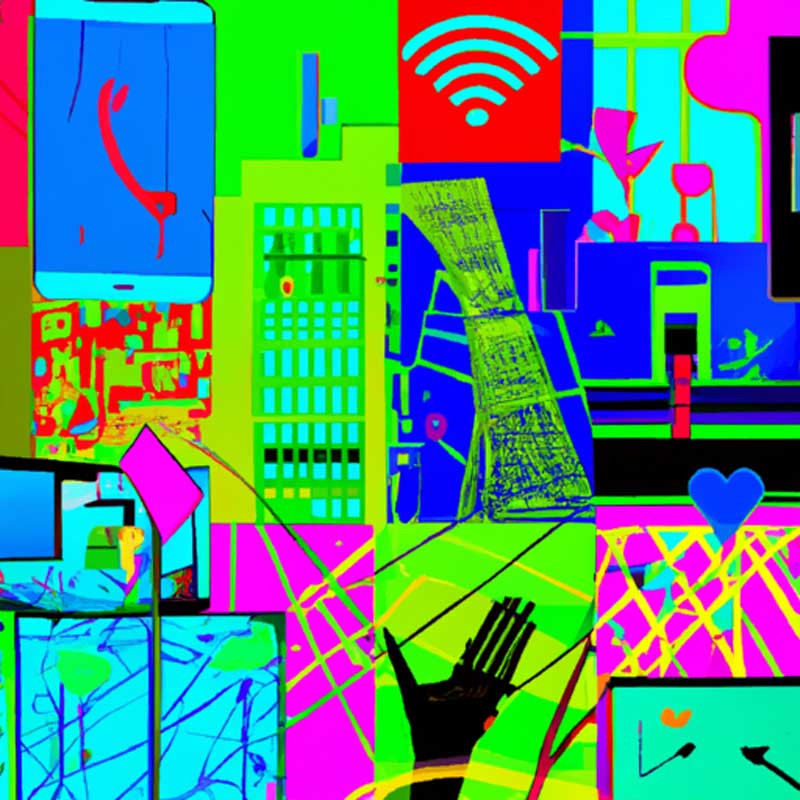TLDR:
- Sameer Lal, Sr. Vice President, Enterprise Medical Solutions at Indegene, discusses findings from their new study about Reshaping Pharmacovigilance in the age of AI.
- Key points of discussion include the adoption of AI in the pharmaceutical industry, how to utilize existing employees when adopting AI technologies, and current automation trends.
About the speaker:
Sameer Lal holds a bachelor of science degree and a bachelor of science (technology) degree, both from University of Mumbai and master of management studies degree from the Narsee Monjee Institute of Management Studies, Mumbai. He has 25+ years of experience in the pharmaceutical industry and technology-led healthcare solutions provider sector.
Key takeaways from the discussion:
- The pharmaceutical industry is increasingly adopting AI technologies for pharmacovigilance, which is the monitoring of drug safety and effectiveness.
- AI can help automate and streamline pharmacovigilance processes, reducing manual labor and potential errors.
- However, there are challenges in the adoption of AI, including regulatory concerns, data privacy issues, and the need for skilled professionals to implement and manage AI systems.
- To address these challenges, companies need to invest in training and upskilling their existing employees to work with AI technologies and integrate them into their workflows.
- Automation trends in pharmacovigilance include natural language processing, machine learning, and predictive analytics.
- AI can also help in analyzing large amounts of data and identifying potential safety signals or adverse events more efficiently than manual methods.
- The industry is heading towards a future where AI will play a crucial role in pharmacovigilance, enabling faster and more accurate identification of safety issues and improving patient safety.
